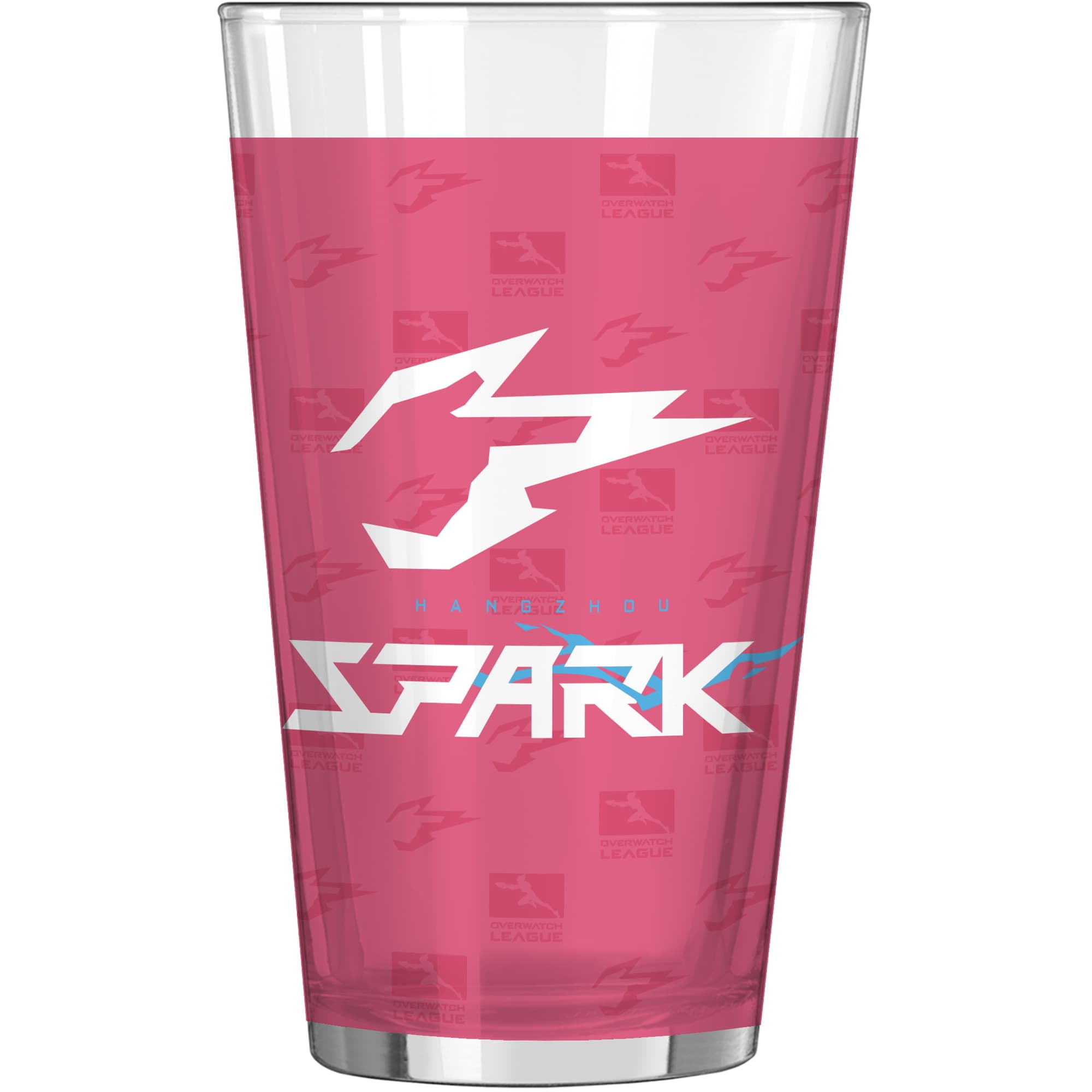


… Hearing her voice, seeing her on-screen, was incredible.” “And when I played with her, it was amazing. In seeing her I saw us, and I felt a multitude of things,” she told me. I stopped playing altogether for a good long while.”Īnother game, Paladins, piqued her curiosity after it introduced Imani, a new black female character. But as time went on and we kept getting new heroes - and black women kept being left out - my love for the game dimmed. They purchased their own copies to play with me and on their own. McKinney, a novelist, gamer and advocate for diversity and equality, shares a similar Overwatch story: “I got my friends and family into it. “I have no issue with playing characters of any other race, but it stings, a lot, when who I am is left out.” She believes “an unambiguous and non-colorist representation of a black woman” could rekindle her interest. “After three years of waiting for a black woman to be revealed, I stopped playing,” she said. Jay-Ann Lopez, creator of Black Girl Gamers, an online community that aims to lift black women’s voices in gaming, has loudly leveled her grievances against Overwatch. piri piri sauce lesbian 🐝 🗝 February 5, 2019 How does Apex Legends have two black women at launch and Overwatch still doesnt have any after three years 😞 /xRVOB5SwQ2Īpex Legends just launched with like 8 characters and it already has more black women than Overwatch… Damn I guess it wasn't actually that hard to do at all Overwatch has no playable black women as of three years of updates and Apex Legends has two on the launch day. Naturally, this precipitated more Overwatch criticism: Last month, however, Electronic Arts released Apex Legends, a first-person battle royale shooter that included two playable black female characters out of a roster of eight. Thus, Overwatch isn’t guilty of a unique sin. Six years later, she bumps the number up to a range of 30 to 32. According to Alisha Karabinus, assistant editor for NYMG, a feminist gaming website, there were about 21 playable black female characters in video game history in 2013. The situation industrywide has improved, albeit slowly. For black female gamers, being unable to play with a character who looks like them is disturbing, yet familiar. In November, Overwatch introduced its 29th character, Ashe, the game’s seventh white woman, who appeared to be a darker-skinned woman in original concept art. They have different backgrounds, races and origins.


 0 kommentar(er)
0 kommentar(er)
